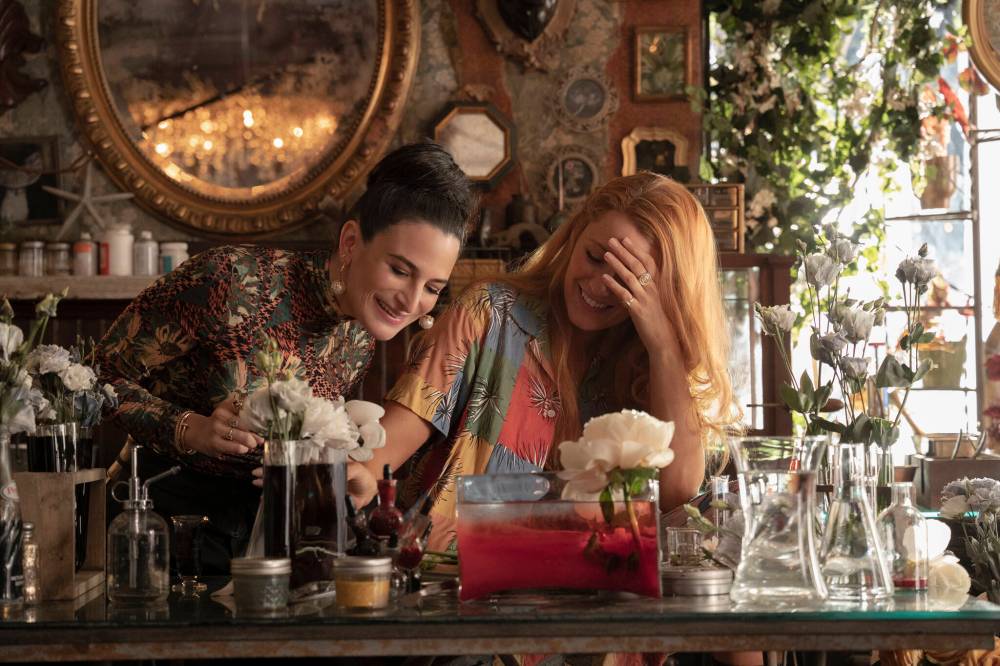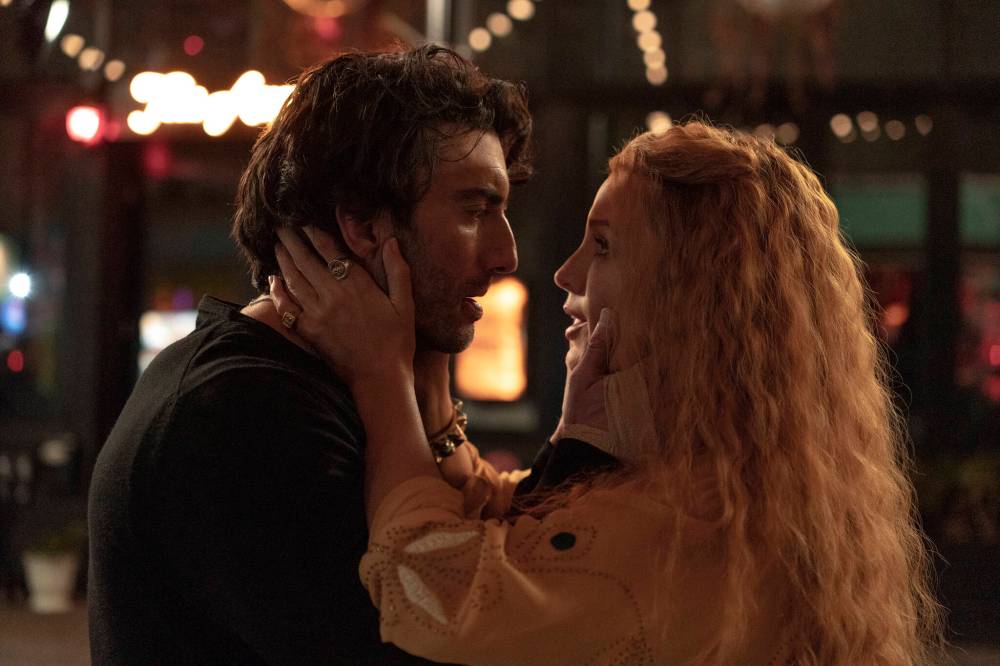Fractured fairy tale
Mishandled adaptation can’t decide whether it’s a rom-com or a cautionary tale
Advertisement
Read this article for free:
or
Already have an account? Log in here »
To continue reading, please subscribe:
Monthly Digital Subscription
$0 for the first 4 weeks*
- Enjoy unlimited reading on winnipegfreepress.com
- Read the E-Edition, our digital replica newspaper
- Access News Break, our award-winning app
- Play interactive puzzles
*No charge for 4 weeks then price increases to the regular rate of $19.00 plus GST every four weeks. Offer available to new and qualified returning subscribers only. Cancel any time.
Monthly Digital Subscription
$4.75/week*
- Enjoy unlimited reading on winnipegfreepress.com
- Read the E-Edition, our digital replica newspaper
- Access News Break, our award-winning app
- Play interactive puzzles
*Billed as $19 plus GST every four weeks. Cancel any time.
To continue reading, please subscribe:
Add Free Press access to your Brandon Sun subscription for only an additional
$1 for the first 4 weeks*
*Your next subscription payment will increase by $1.00 and you will be charged $16.99 plus GST for four weeks. After four weeks, your payment will increase to $23.99 plus GST every four weeks.
Read unlimited articles for free today:
or
Already have an account? Log in here »
Hey there, time traveller!
This article was published 09/08/2024 (498 days ago), so information in it may no longer be current.
Sincere but fatally misdirected, this genre-confused adaptation is based on a 2016 novel by mega-mega-bestselling author Colleen Hoover. The book became a social media sensation, adored by some readers and attacked by others in online discussions.
That polarized response seems likely to carry through to the movie version. At times, It Ends with Us feels like a gauzy love story. At other points, it feels like an issue film, raising awareness around intimate-partner violence.
There’s enough talent here to do one of those things, but the movie can’t do both at the same time, and the results are tonally off and sometimes deeply uncomfortable.
It doesn’t help that the marketing and promotion, first of the novel and then of the movie, play up the Hallmark Channel levels of romance, leaving the narrative’s darker undercurrents to feel like intrusive afterthoughts.
The story centres on Lily Bloom (played by Isabela Ferrer in flashbacks to her high school years and then by Blake Lively of A Simple Favor). During Lily’s traumatic childhood — her father abuses her mother — she finds comfort in her friendship with Atlas (Alex Neustaedter), who also comes from a violent home.
As soon as she can, Lily leaves her small town, dreaming of opening a boutique flower shop in Boston.
There she encounters Ryle Kinkaid (played by Jane the Virgin’s Justin Baldoni, who also directs), a ludicrously handsome, charismatic, cashmere-covered neurosurgeon.
As they start to get closer, Ryle breaks his usual rule — “I don’t do love” — and falls hard for Lily.

Sony Pictures
Romantic comedy or film about domestic violence? Blake Lively, left, stars opposite Justin Baldoni, who is also the director of It Ends with Us.
But as Lily witnesses Ryle’s volatile outbursts, she starts to wonder whether she and Ryle are replicating her parents’ marriage. After a kitchen “accident” that leaves her with a black eye, she encounters Atlas again (played by Brandon Sklenar as an adult), who’s now a star chef.
As these different parts of her life collide, Lily looks to make a crucial choice.
Scripter Christy Hall and director Baldoni make an attempt to convey Lily and Ryle’s relationship as a difficult, complicated human situation, with scattered moments of dramatic realism. But the narrative keeps defaulting into the genre grooves of a much sweeter and more conventional rom-com.
There’s a “meet cute” on a Boston rooftop. There’s a dating montage set to music. There are wacky best friends. (Jenny Slate, as Allysa, Lily’s co-worker and bestie, is a scene-stealer, partly because of her comic timing and partly because of her fabulous outfits, including the most glamorous maternity dress you will ever see.)
The characters all inhabit the frictionless, glowed-up universe of the rom-com (Boston never looked so good), where everyone has great jobs and great apartments and great clothes.

Jojo Whilden / Sony Pictures Entertainment
Best friends are the best part of It Ends with Us, as played by Jenny Slate (left) and Lively.
Lily is particularly Instagram-ready — Lively seems to be playing her as a 20-something woman — with her shabby-chic pad and her eclectic Carhartt-and-sequins look.
Baldoni, as director and lead actor, is perhaps over-invested in his character and unwilling to expose Ryle’s uglier side. (He is, in the earlier scenes of pulse-pounding romance, very willing to expose his abs.)
Lively’s performance is stronger. She’s smart, sharp and funny in the sunny scenes but also seemingly ready to do some harder, heavier emotional work. Frustratingly, these are places the script doesn’t let her go.
It Ends with Us could have raised an important issue. It could have suggested that the intensity and suddenness that are often celebrated in the movies as signs of a “fairy-tale romance” can sometimes, in real life, be red flags for abuse.
Unfortunately, too often the storyline gives in to romantic conventions instead of challenging them.

Nicole Rivelli / Sony Pictures Entertainment
As director and star, Justin Baldoni might have been over-invested in his role as menacing partner Ryle to Blake Lively’s Lily.
alison.gillmor@winnipegfreepress.com

Studying at the University of Winnipeg and later Toronto’s York University, Alison Gillmor planned to become an art historian. She ended up catching the journalism bug when she started as visual arts reviewer at the Winnipeg Free Press in 1992.
Our newsroom depends on a growing audience of readers to power our journalism. If you are not a paid reader, please consider becoming a subscriber.
Our newsroom depends on its audience of readers to power our journalism. Thank you for your support.




